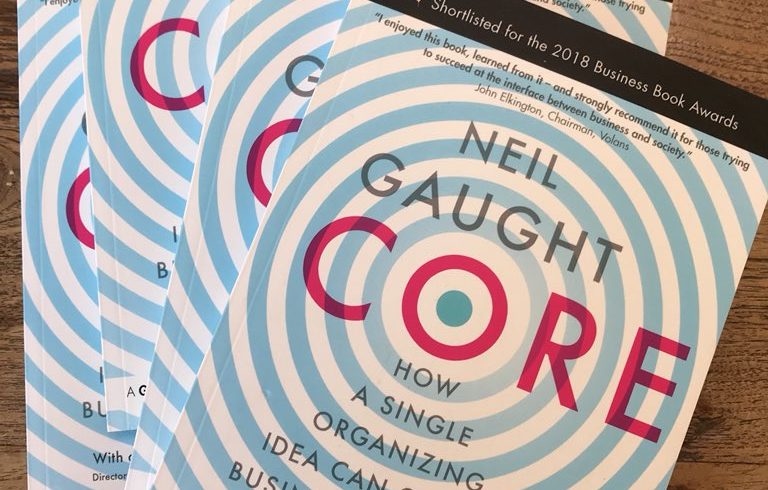By MIRIAM ACZEL Miriam Aczel recently interviewed Neil Gaught, author of ‘Core: How a Single Organizing Idea Can Change Business for Good,’ on the concept...
Archive for category: United Nations Sustainable Development Goals
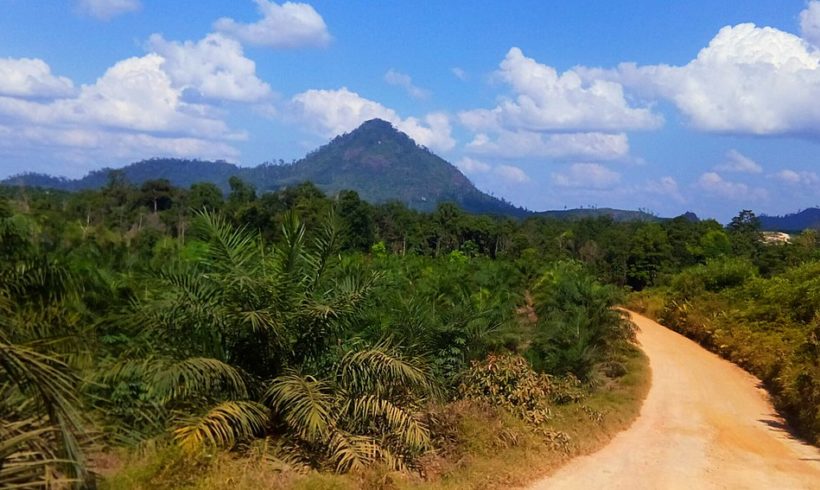
Making Food Production and Land Use More Sustainable Could Yield $2.3 Trillion in Economic Benefits
There’s a “forgotten solution” for achieving major economic, development and climate gains—transforming the way the world feeds itself and manages its land.
At this week’s UN General Assembly, members of the Food and Land Use Coalition will meet with heads of state and CEOs to raise the profile of this issue and encourage greater action. They have new research to support their case. The food and land use chapter of the New Climate Economy’s Global Opportunities Report sets out how decisive action on food and land use is at the heart of the inclusive growth story of the 21st century. The report finds that more sustainable food and land use business models could be worth up to $2.3 trillion, and that they’re critical to delivering a more climate-secure and resilient world.
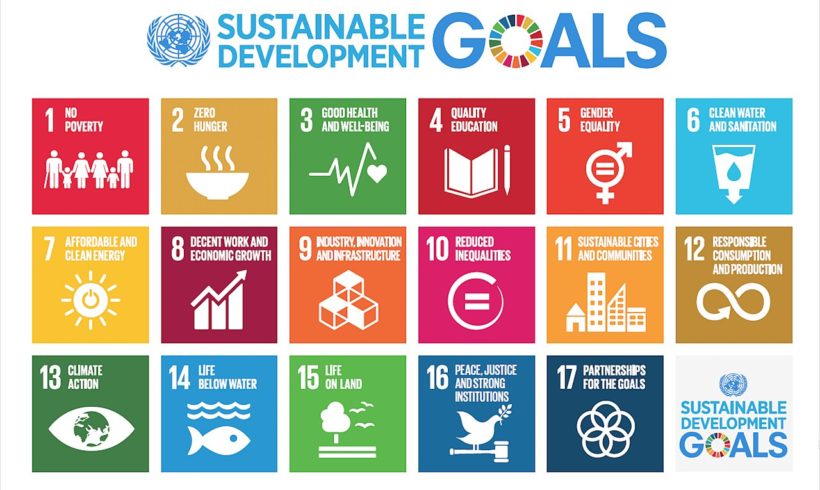
The Time for Business to Act is Now
On the 25th September 2015 in New York a document entitled Transforming our World: The 2030 Agenda for Sustainable Development was endorsed by the 193 countries of the UN General Assembly. The Agenda set out 17 Sustainable Development Goals (SDGs) and 169 targets covering a range of issues facing humanity including action on ending poverty, combating hunger, universally improving health and education, making our cities more sustainable, tackling climate change and protecting our oceans and forests.
Unlike the Millennium Development Goals that came before them, the ambition and universality of the SGDs meant that every country on the planet, developed or developing, stands to benefit. Delivering on the goals we we’re assured by the authors of the agenda would create a fairer world, one where reduced poverty, improved health and better education would create greater wealth that would be more evenly distributed.
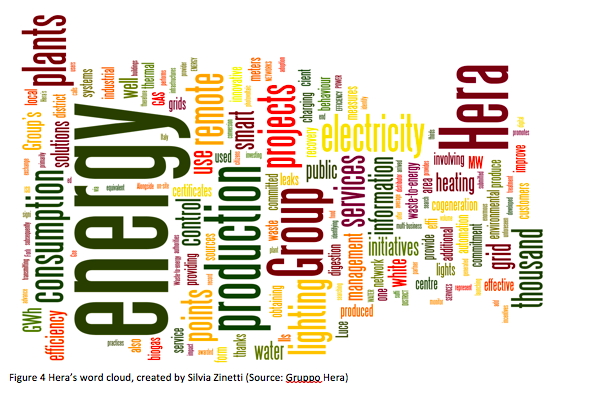
The HERA Group: from Local Utility to Global Sustainable Development
Hera’s strategic drivers are innovation, efficiency, growth, excellence, and agility. Sustainability has been at the center of the business strategy since its establishment. In 2016, the company decided to move forward to take an active role in the 2030 Agenda for Sustainable Development of the United Nations and its 17 Sustainable Development Goals (SDG)

For thriving cities, people vs. nature is a false choice
Municipal leaders face hundreds of difficult choices every day. With so many needs and worthy programs, how does one choose where to invest limited funding? In the face of pressing human needs, cities too often decide that funding for environmental programs will have to wait.
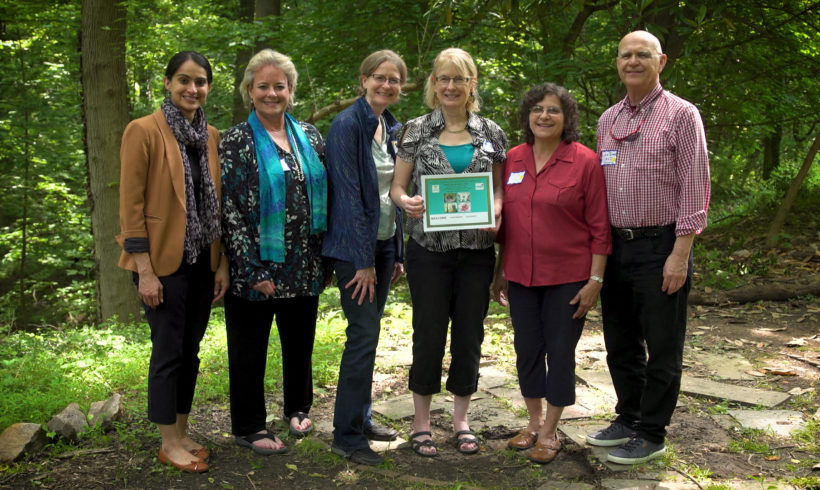
Green Leaders Examine United Nation’s Sustainable Development Goals to Accelerate Local Action in Washington DC Region
On Friday, June 8th, Leaders in Energy held its inaugural Green Leaders for Local Impact Retreat at the Potomac Overlook Regional Park in Arlington, Virginia. The event was co-hosted by the Nature Leadership Center. The purpose of this retreat was to celebrate the World Environment Day (June 5th) and examine how the United Nations’ (UN) Sustainable Development Goals (SDG) can be translated into local actions.
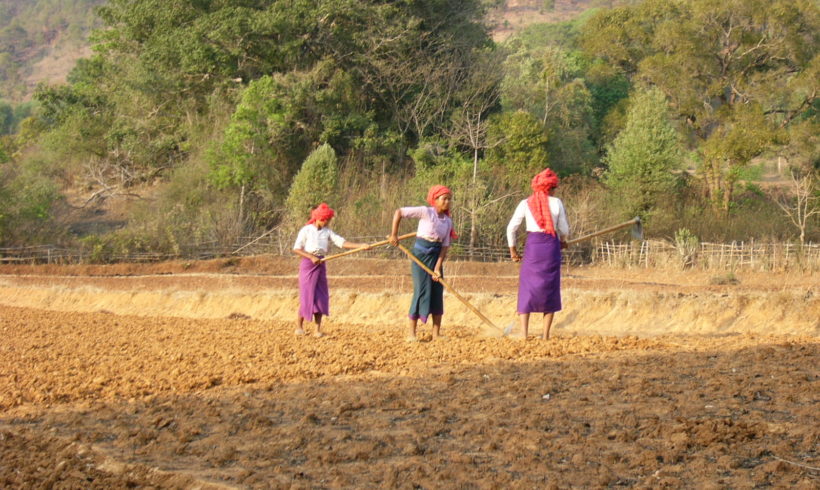
Mini Grids: Providing electricity to Myanmar’s communities away from the grid
In Myanmar, approximately 70 percent of the population and 84 percent of the rural households do not have access to electricity. The Myanmar National Electrification Plan (NEP), funded by the World Bank and other partners, aims to achieve 100 percent electrification by 2030. However, the challenge to reach this goal is huge. Electricity shortages and supply disruptions are widespread in Myanmar due to under-investment in the sector.
Mini grids using locally engineered and financed technology have played a crucial role in the provision of electricity for thousands of villages in the country. These mini-grids largely emerged due to the entrepreneurial drive from the local private sector and community organizations with little or no public sector support. They also simultaneously reflect the determination and ingenuity of many local communities in finding alternatives to candles and kerosene.
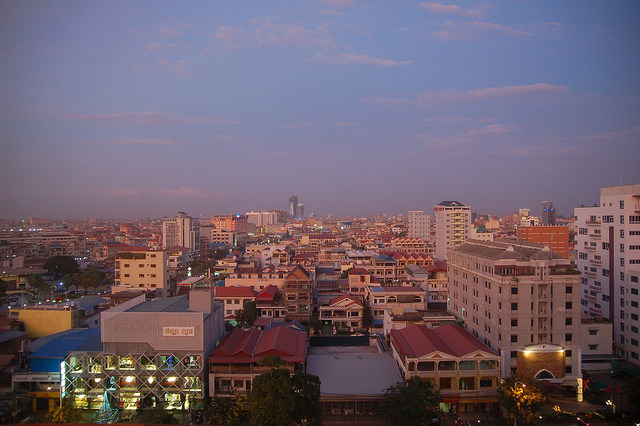
Energy in Cambodia: Challenges and Opportunities
The United Nations Millennium Summit in 2000 produced 8 Millennium Development Goals (MDGs), designed as a blueprint to improve the lives of the world’s poorest and most vulnerable populations. The MDG target date came and passed at the end of 2015. After analyzing the successes and shortcomings of the MDGs, the UN followed with a set of 17 Sustainable Development Goals (SDGs)—agreed to by 193 countries, including Cambodia—to replace and expand the MDGs, as well as highlight additional areas of global concern. One of these SDGs is the new goal of bringing “affordable and clean energy” to all nations.
In line with this objective, Cambodia’s government has embarked on an ambitious plan to provide reliable and inexpensive energy to its entire population. Cambodia has made great strides in meeting the energy demands of its population. But what remains uncertain are the environmental and social costs of the dams and fossil fuel plants being built. But it is hard to turn down the funding and support in Cambodia’s drive to develop its lagging infrastructure. This is a dilemma faced by the poorest nations—not just Cambodia—as they look for paths to improve the lives of their people. If Cambodia is to move up the economic ladder and attract more international business investment, it needs to continue improving energy access and stability. In rural areas this may mean looking at a combination of on-grid and off-grid solutions. It also needs to protect its valuable resources and look for more sustainable approaches to energy access.

GREEN LEADERS RETREAT is JUNE 8th! Accelerating Local Community Solutions Using the UN Sustainable Development Goals
By Janine Finnell, Executive Director, Leaders in Energy On Friday, June 8th, 2018, green leaders from across the Washington Metro region will explore how to...
- 1
- 2


